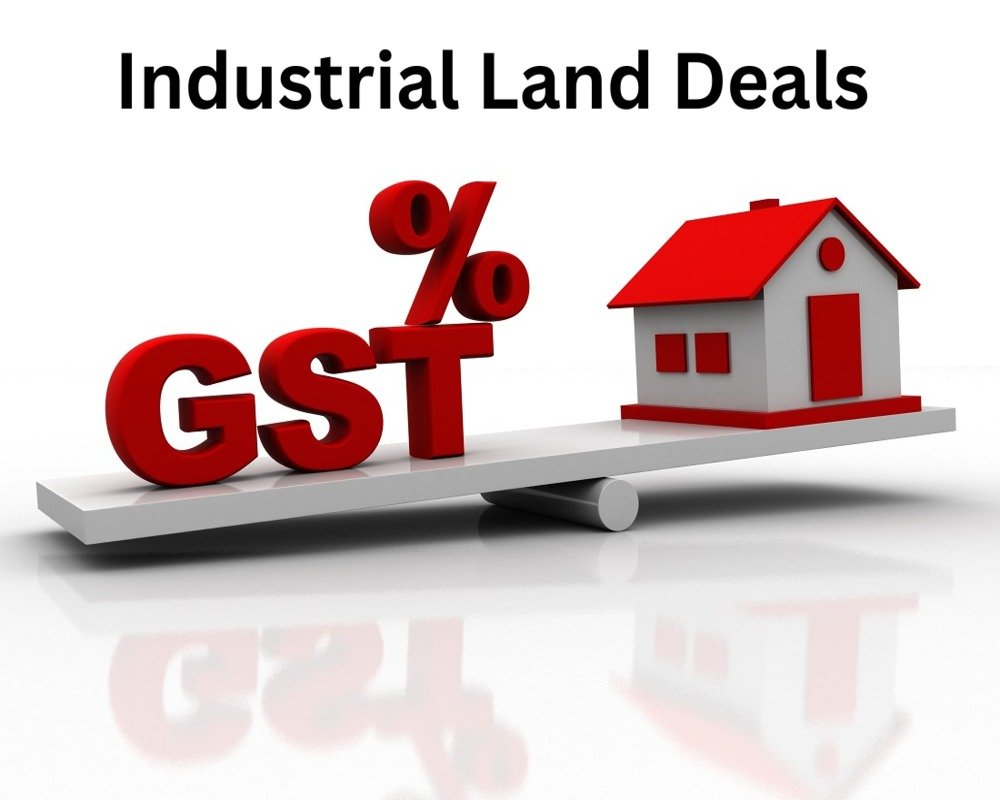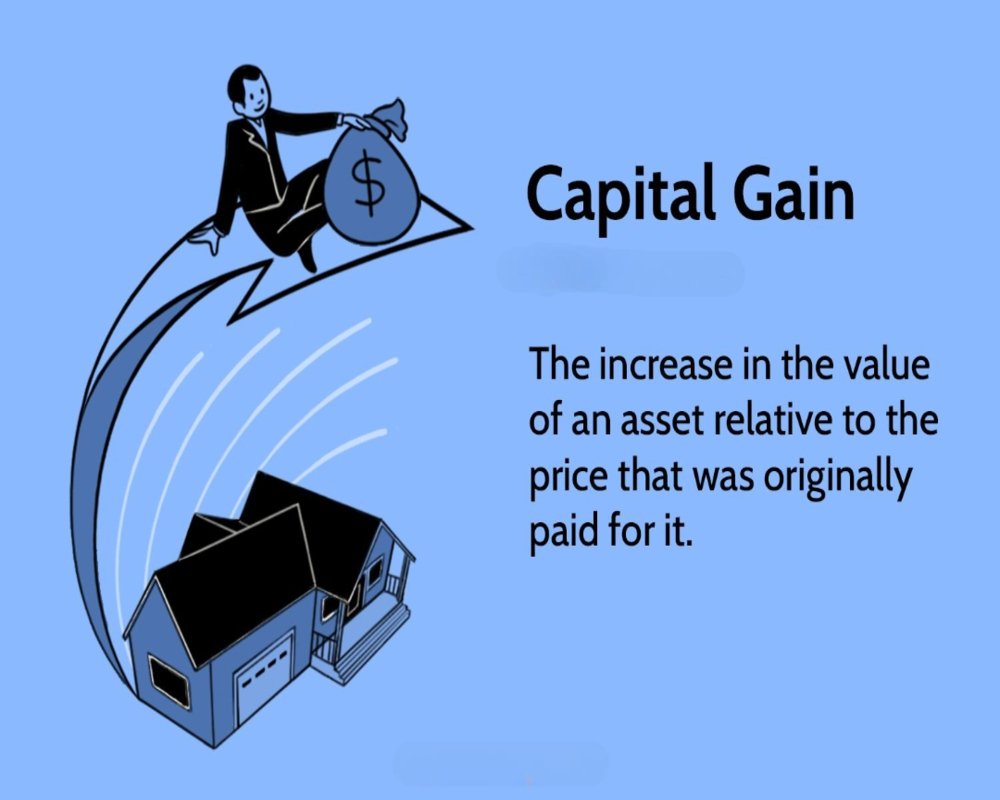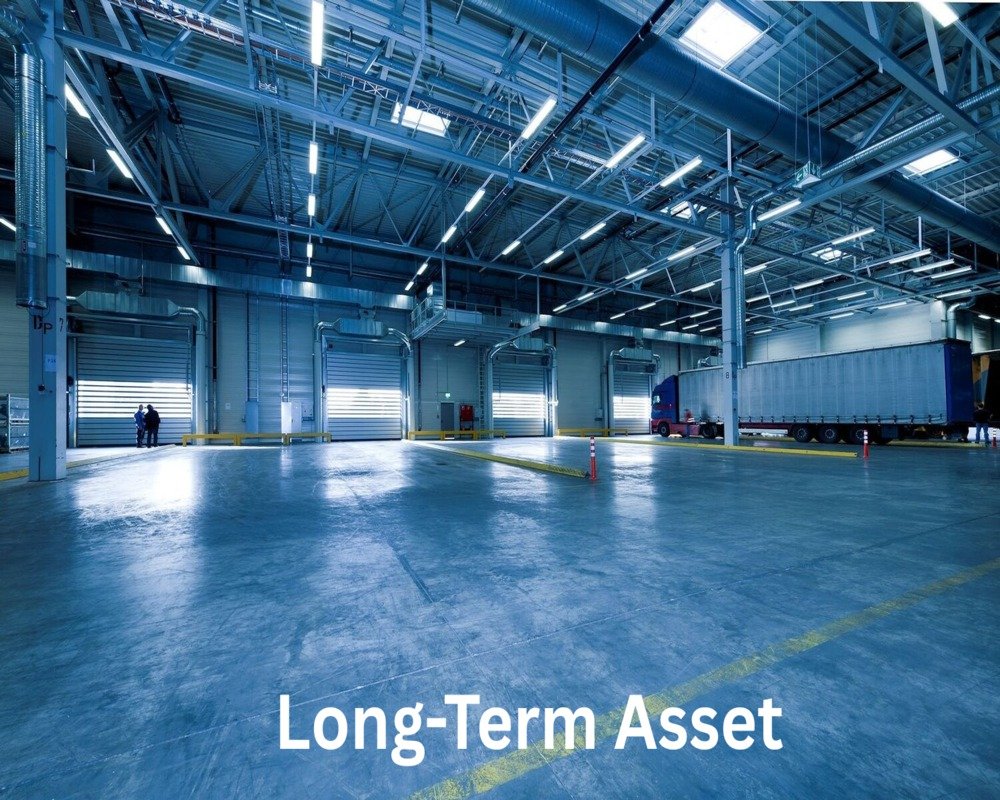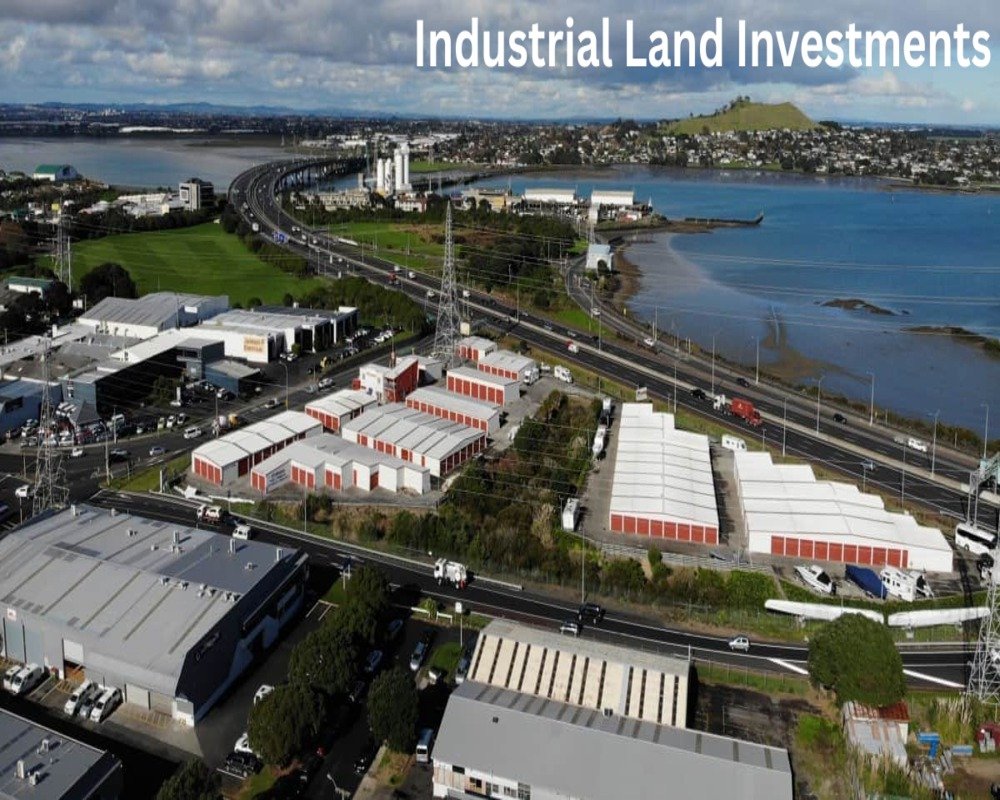1. Price Mismatch and Undervaluation One of the biggest risks is accepting an offer that undervalues the land due to lack of awareness, urgency to sell, or poor benchmarking against market rates. Buyer pressure to lower price due to parcel size Lack of recent comps for large-acre sales Offers may not reflect future infrastructure upside Hasty deals can lead to long-term regret 2....
Sales
1. Drive Demand for Income-Generating Assets REITs primarily invest in land that can be developed into revenue-producing assets like warehouses, logistics parks, and industrial campuses. Target pre-leased or BTS land deals Focus on land parcels with tenant-ready infrastructure Stimulate development in key corridors Prefer stable, scalable, income-oriented locations 2. Raise Market...
1. Proximity to Industrial Corridors and Freight Zones Institutional investors prioritize land near major industrial freight corridors, economic zones, and logistics highways for long-term appreciation and leasing potential. Delhi-Mumbai Industrial Corridor (DMIC) Amritsar-Kolkata Industrial Corridor (AKIC) Chennai-Bengaluru and Bengaluru-Mumbai corridors Land near logistics parks and...
1. No GST on Pure Sale of Industrial Land As per GST law, the sale of land alone is not treated as a supply of goods or services, and hence is fully exempt from GST. Applies to raw, vacant, or NA (Non-Agricultural) land No GST on sale consideration Only stamp duty and registration charges apply Applies to direct land transfers (not development agreements) 2. GST Applies If There’s...
1. Capital Gains Classification Depends on Holding Period The first step in tax treatment is determining if the gain is short-term or long-term, based on how long you held the land before selling. Short-Term: Held for less than 24 months Long-Term: Held for 24 months or more This classification affects the tax rate and exemptions Long-term gains are more tax-efficient 2. Short-Term...
1. Public Sector Banks (PSBs) Large government banks such as State Bank of India (SBI), Bank of Baroda, and Punjab National Bank offer loans against industrial land if it has clear NA (Non-Agricultural) status and clean title. Ideal for MSMEs and industrial owners Requires strong financial documentation LTV (Loan-to-Value) usually 50%–65% Long processing but lower interest rates...
1. Term Loans from Banks (Secured Loans) Banks offer term loans for industrial land purchases, especially if the land is zoned (NA), has clear title, and is approved by local authorities. These are secured against the property itself. Tenure: 5–10 years LTV (Loan-to-Value): Up to 70% Requires income proof and legal clearance Suitable for end-use buyers and SMEs 2. Loans from NBFCs...
1. Capital Appreciation Happens Over Years Industrial land values grow steadily as surrounding infrastructure like highways, ports, and industrial parks develop. This appreciation is not instant but compounds over time. Returns compound over 5–15 years Tied to regional growth and economic activity Value spikes after infra announcements or SEZ activation Ideal for patient investors and...
1. Land Appreciates More Predictably Over Time Raw land, especially in industrial and urban fringe zones, tends to appreciate steadily due to increasing scarcity, zoning upgrades, and infrastructure development. Appreciation typically 8–15% annually in growth corridors Driven by roadways, SEZs, metro, or industrial park proximity No depreciation from wear and tear Long-term compounding...
1. Capital Appreciation (Long-Term Gains) Industrial land located in growth corridors, near highways or special economic zones, can appreciate 8% to 15% annually depending on infrastructure momentum. Driven by road projects, metro, and park development Higher appreciation in Tier 2/3 cities with new corridors Returns compound faster in under-priced, up-zoned areas Land value can double in...










